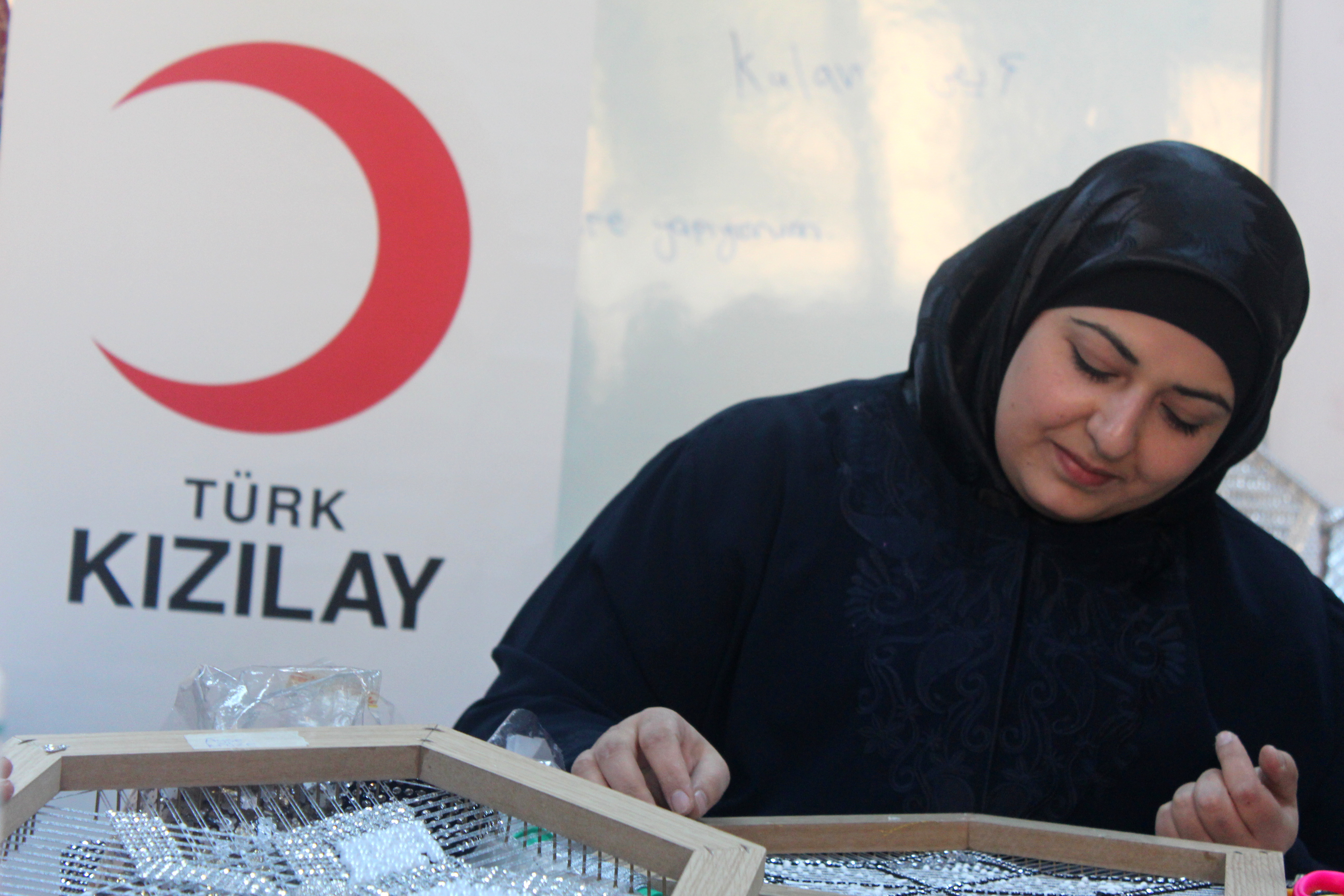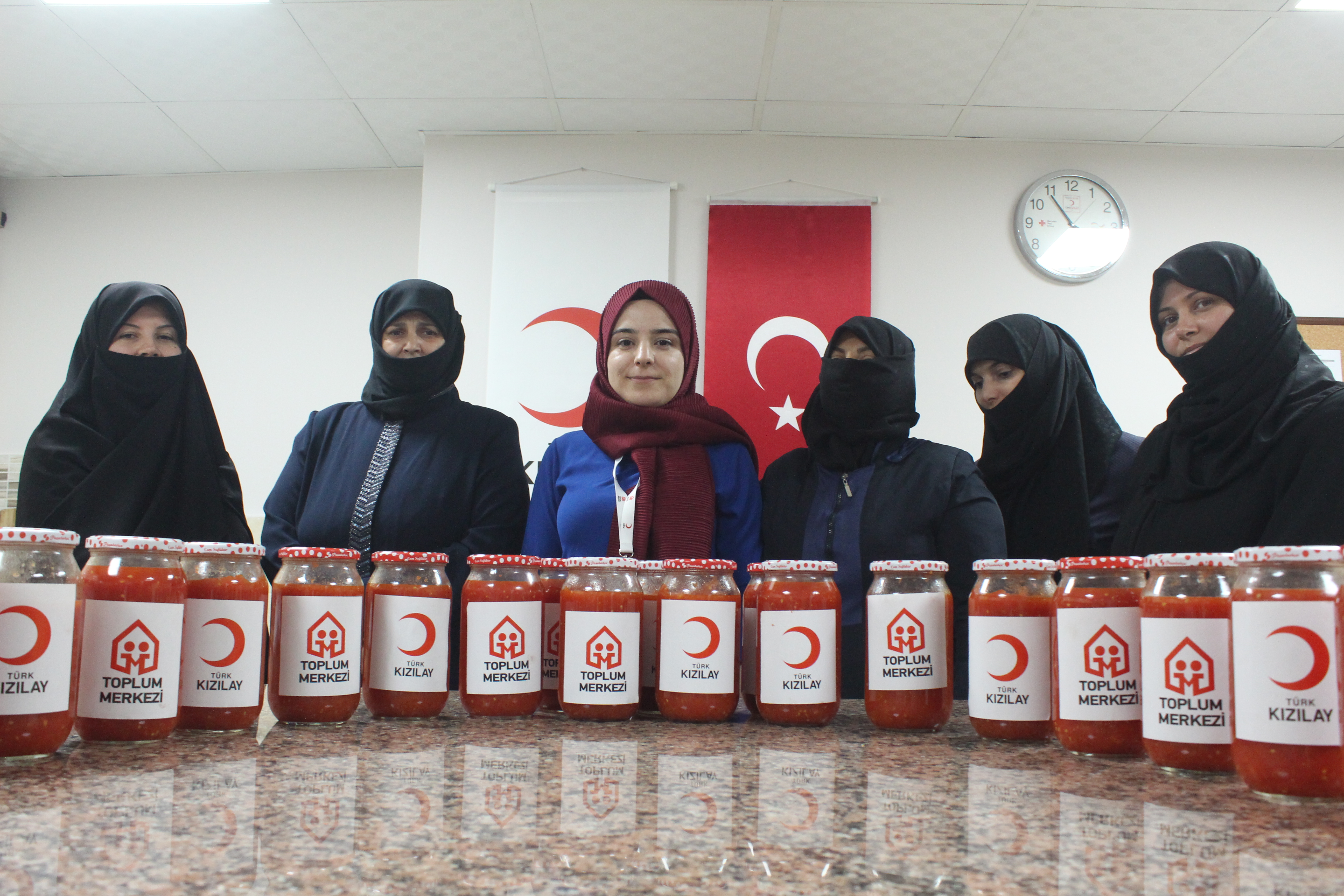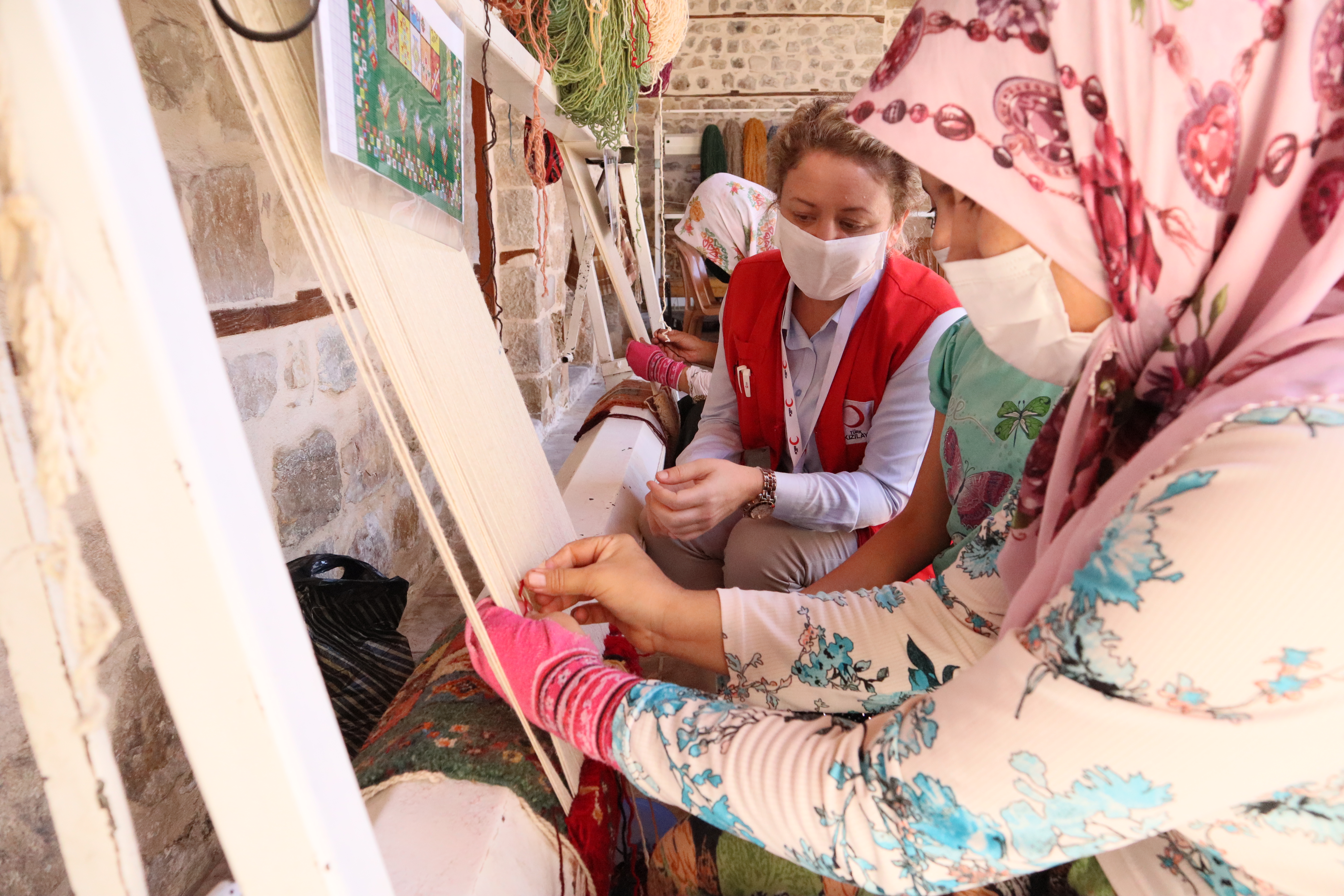Livelihood Program
The Livelihood program, is for the purpose of reinforcing the access of the vulnerable population to the labor market and livelihoods, aims to increase their employability by improving their professional competence and capacities of people, support their entrepreneurship and thus to ensure their economic self-sufficiency and economic independence.
In accordance with these objectives, in addition to common program principles and fundamental standards set out in Part 3, the program acts pursuant to the following working principles:
Facilitating the access of the beneficiaries to the labor market and their employment under conditions that are worthily for human dignity,
Improving the professional and social skills of the beneficiaries and ensuring their self-sufficiency without the need for further social assistance,
Raising the qualified labor force based on market requirements by contributing to the country economy and labor force policies,
To bring in the skills and qualifications that migrants have brought from their own countries, and that are currently not in the market,
Fulfilling the lack of labor skills of the beneficiaries during the professional trainings and providing incentives that in line with the needs of the beneficiaries during the professional trainings, taking into consideration the time they cannot contribute to the labor market.
Referral to Employment Sub-Program
It covers the referrals of individuals with the appropriate profiles to employment opportunities in accordance with the requirements of the labor market and/or provision of competency improvement services and trainings to increase the employability to access to these facilities. Furthermore, coherence practices in relation to business life are executed for the purpose of ensuring the employed individuals to be registered in the work force and to ensure their permanence in the labor market.
Labor supply and demand are bilaterally analyzed in order to direct labor required by the labor market to employment. Within the scope of labor supply analysis, profiling, individual competency and the Turkish language proficiency level determination, and a personality inventory studies are performed to assess professional and social competences, past experiences and language proficiency levels of the beneficiaries. Within the scope of the labor demand analysis, for the purposes of identifying the requirements and demands of the employers and the positions and appropriate sector within the market; the vacant positions are identified, the demands of the employers are collected, the competency requirements of employers are specified, and awareness activities are carried out by organizing workshops with the stakeholders and employers. As a result of these analyzes, the beneficiaries are directed to the professional and personal competency development trainings in order to ensure their competency development for the fulfilment of the market needs and the appropriate participants are guided to vacant positions. At this point, information is provided to the beneficiaries included in the labor market regarding the legal and cultural working conditions, consultancy services are provided to the employers within the work permit application process and fees for work permits are paid accordingly. Furthermore, the Turkish language courses enables beneficiaries to enter into the labor market easily and help to build the social coherence.
Entrepreneurship Sub-Program
With the supporting entrepreneurship sub-program, it is aimed to form new employment opportunities by establishing new jobs or expanding existing ones while providing access to livelihoods through entrepreneurship.
Activities for advanced entrepreneurship and supporting the in-house and agricultural production are offered as part of the program. Collaborations are established with the specialist organizations and institutions (universities, NGOs and technoparks) regarding the entrepreneurship, and basic and advanced level entrepreneurship trainings are provided. Support is provided to the entrepreneurs to make their visions applicable and contributions are provided for the realization of convenient business plans. Furthermore, mentor and incubation support are provided to the entrepreneurs who would like to expand their business plans and initiatives.
With the in-house and small-scale agricultural entrepreneurship supports, equipment and material support are provided to ensure that the beneficiaries participated in community based professional trainings and holders of certificates can actualize their in-house or small-scale agricultural production with no tax liability and thus create their own livelihoods.
Agriculture and Husbandry Sub-Program
Within the scope of this program, it is aimed for the beneficiaries to create a livelihood by ensuring them to utilize their knowledge, experience and savings on the areas of food, agriculture and livestock, and the fulfilment of the local requirements and needs of the relevant sectors of our country. In accordance with the collaborations established with the local authorities affiliated with the Ministry of Agriculture and Forestry, Chambers of Agriculture, associations, unions and universities, theoretical and applied trainings on agriculture and livestock are provided to the beneficiaries. Beneficiaries who successfully complete the trainings are referred to employment or beneficiaries who wish to perform production are offered an opportunity of in-house production, small-scaled agricultural and livestock production entrepreneurship support and agricultural initiatives.






